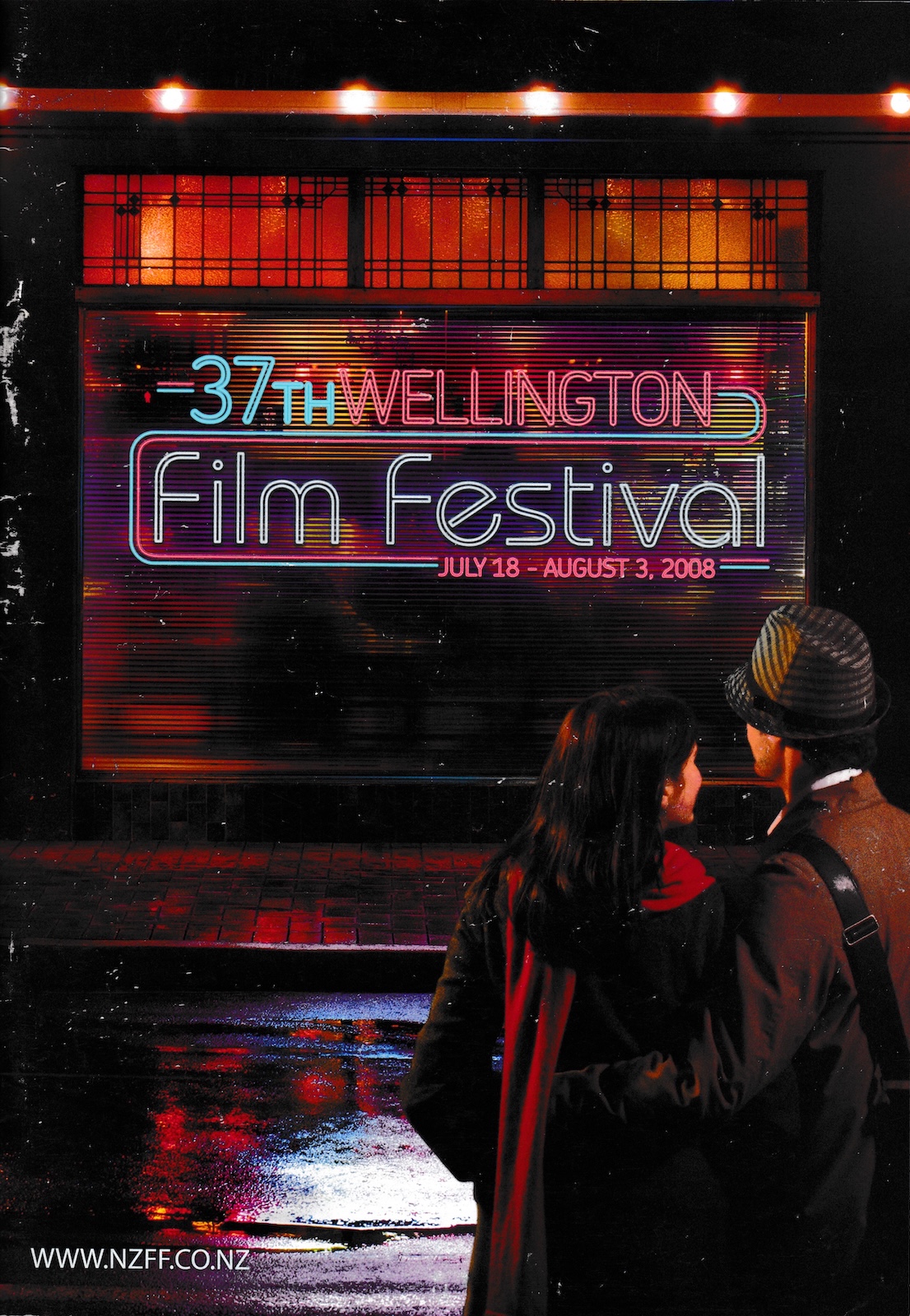Recorded in front of an audience at Auckland's Wintergarden: @rudysix reviews Behind the Candelabra; we interview Curtis Vowell and Sophie Henderson from the New Zealand feature Fantail; Shirley Horrocks, director of…
Read More
We peek under the hood of THE DARK KNIGHT RISES, talk to our special San Diego Comic-Con correspondent and extract fifteen juicy minutes from our exclusive interview with the Incredibly…
Read More
It's opening night of the New Zealand International Film Festival in Auckland and, to celebrate, here's an extended interview with Incredibly Strange programmer and Film Head, Ant Timpson.
Read More
It’s never been a tougher time to be running a film festival. In addition to the usual commercial considerations of just selling enough tickets to stay afloat, each year brings…
Read More
Not by me. Christ, I'm too busy with being on holiday and preparing for my forthcoming return to the Wellington stage to think about summing up a decade in cinema…
Read More

The Film Festival has been a fixture of Wellington's winter calendar for nearly 40 years and for those of us who organise our lives around glowing rectangles of one kind…
Read More
